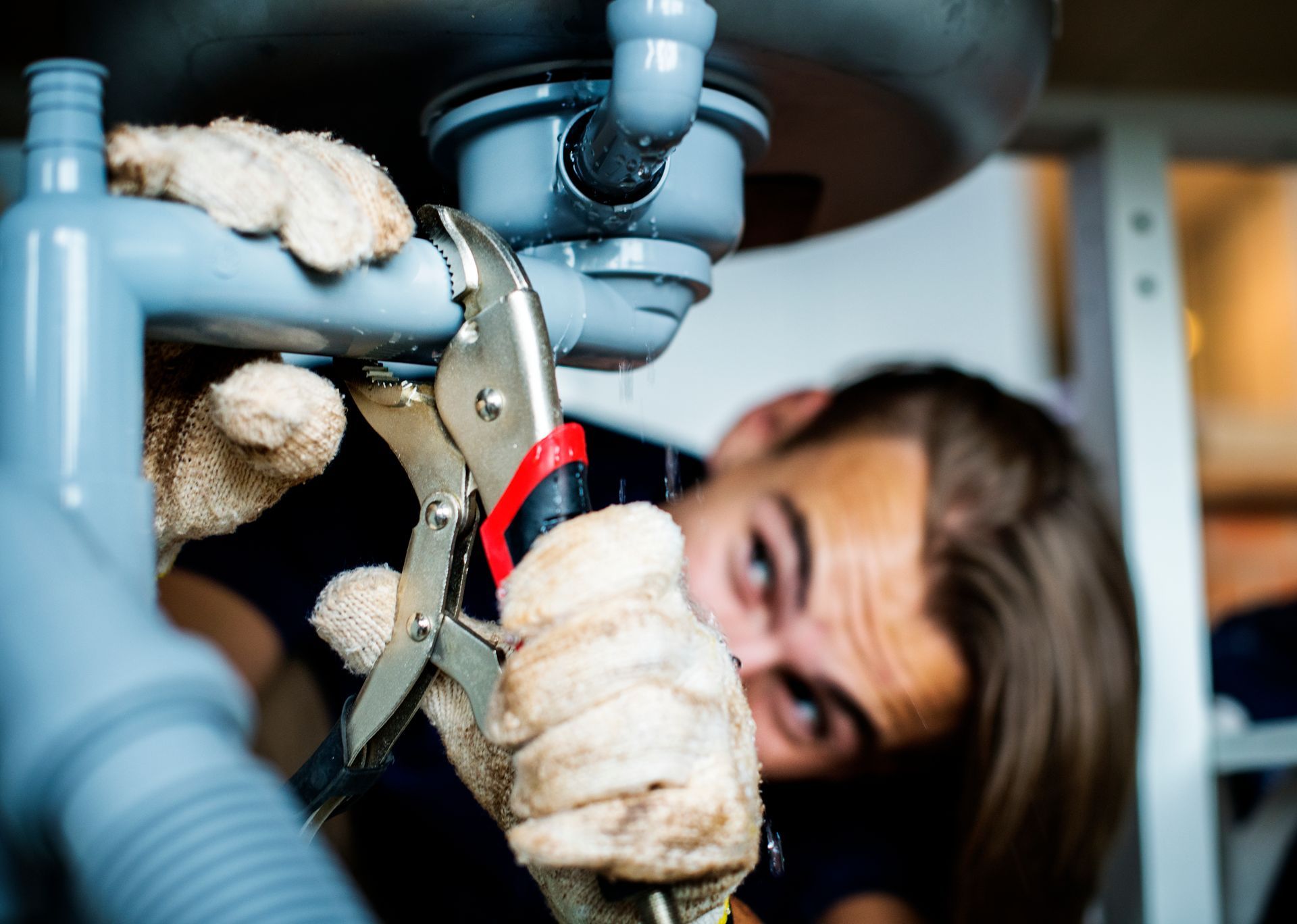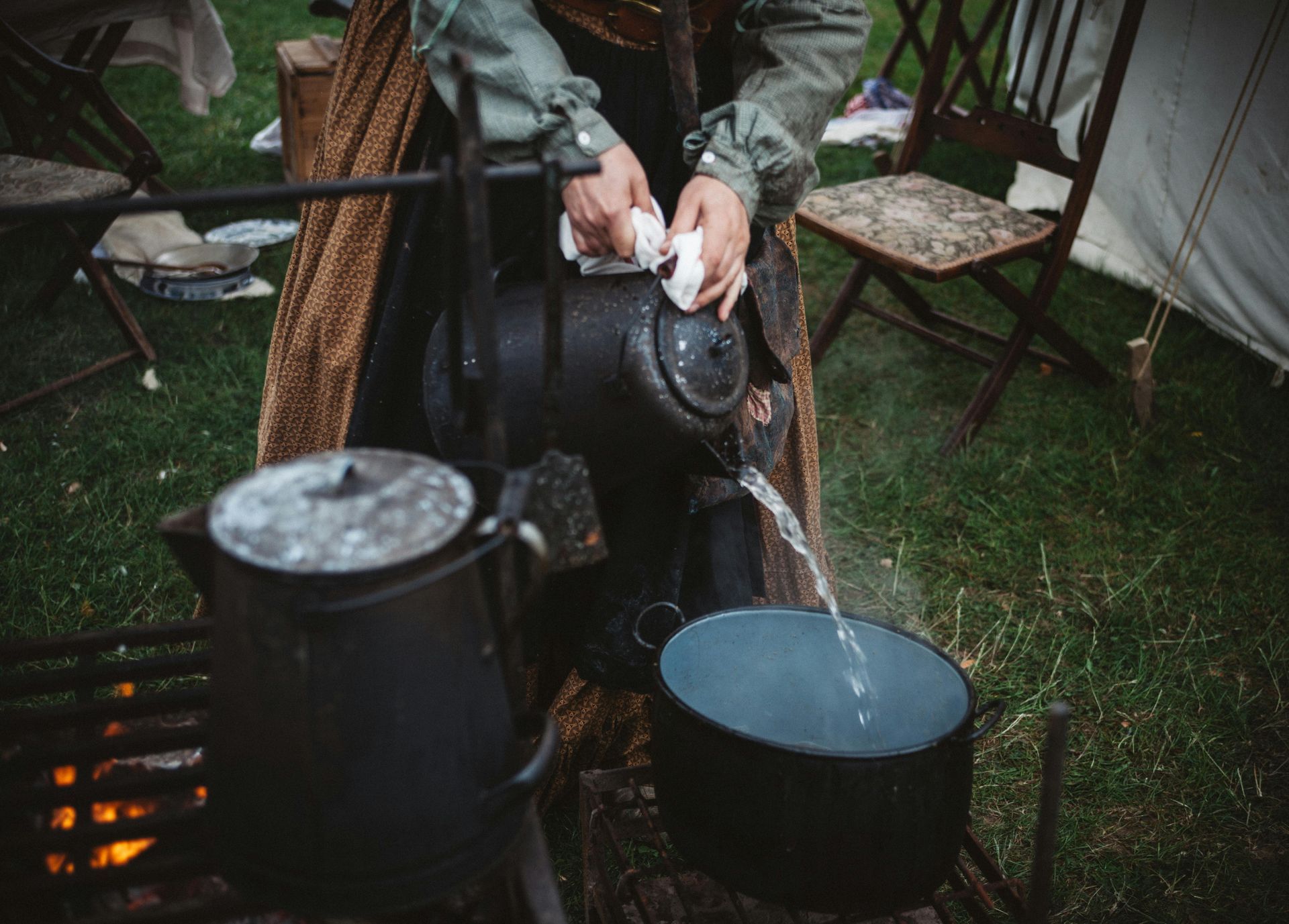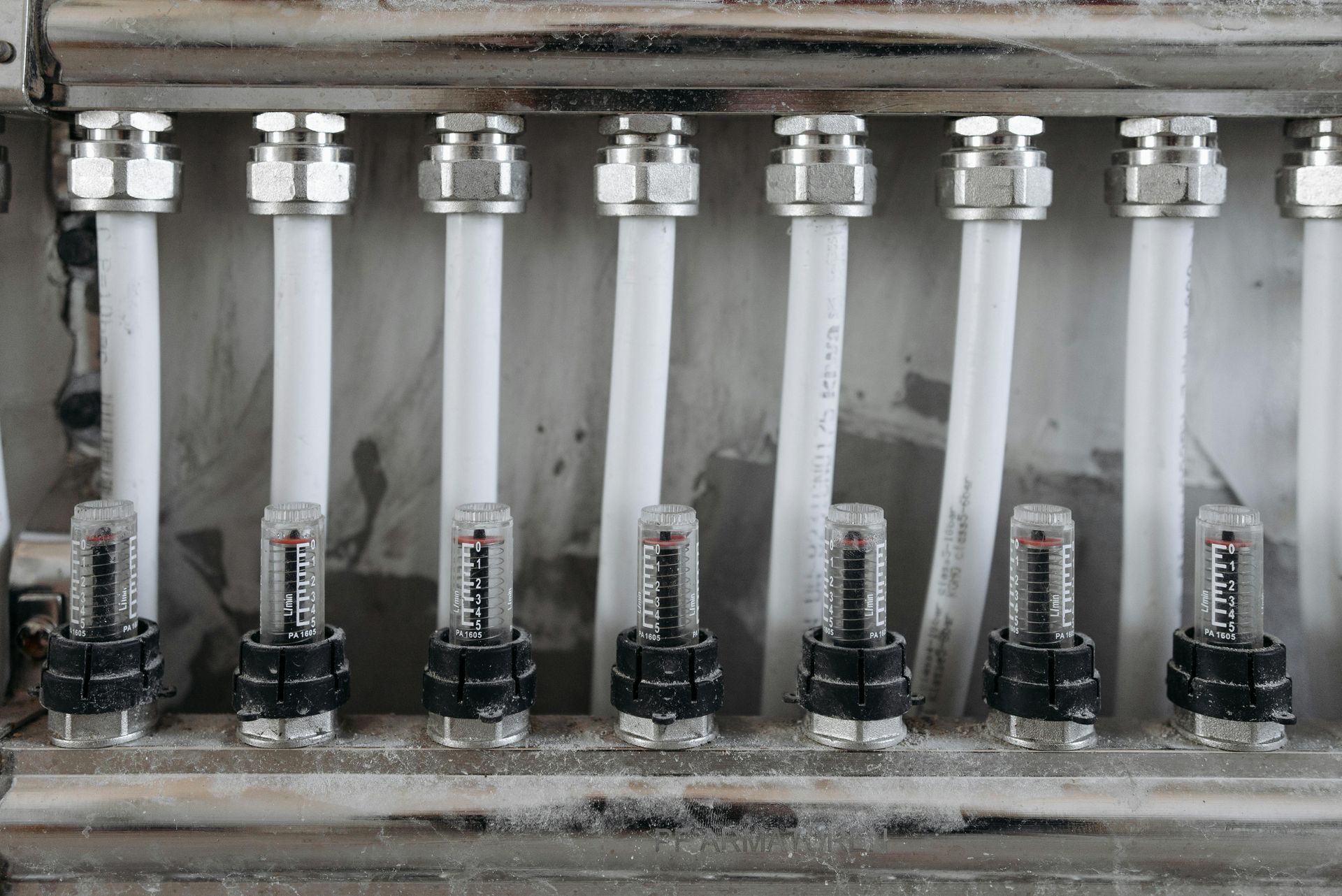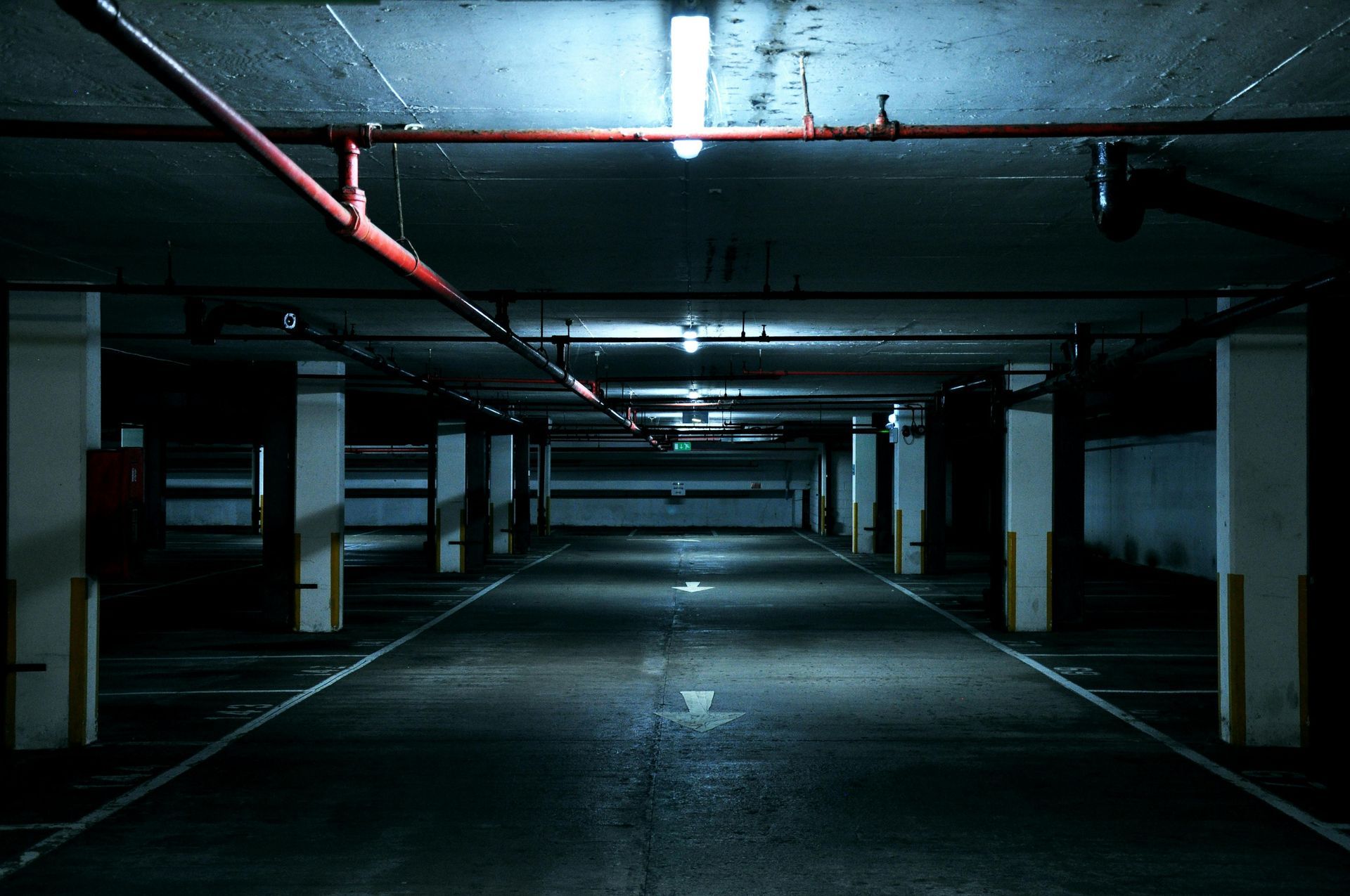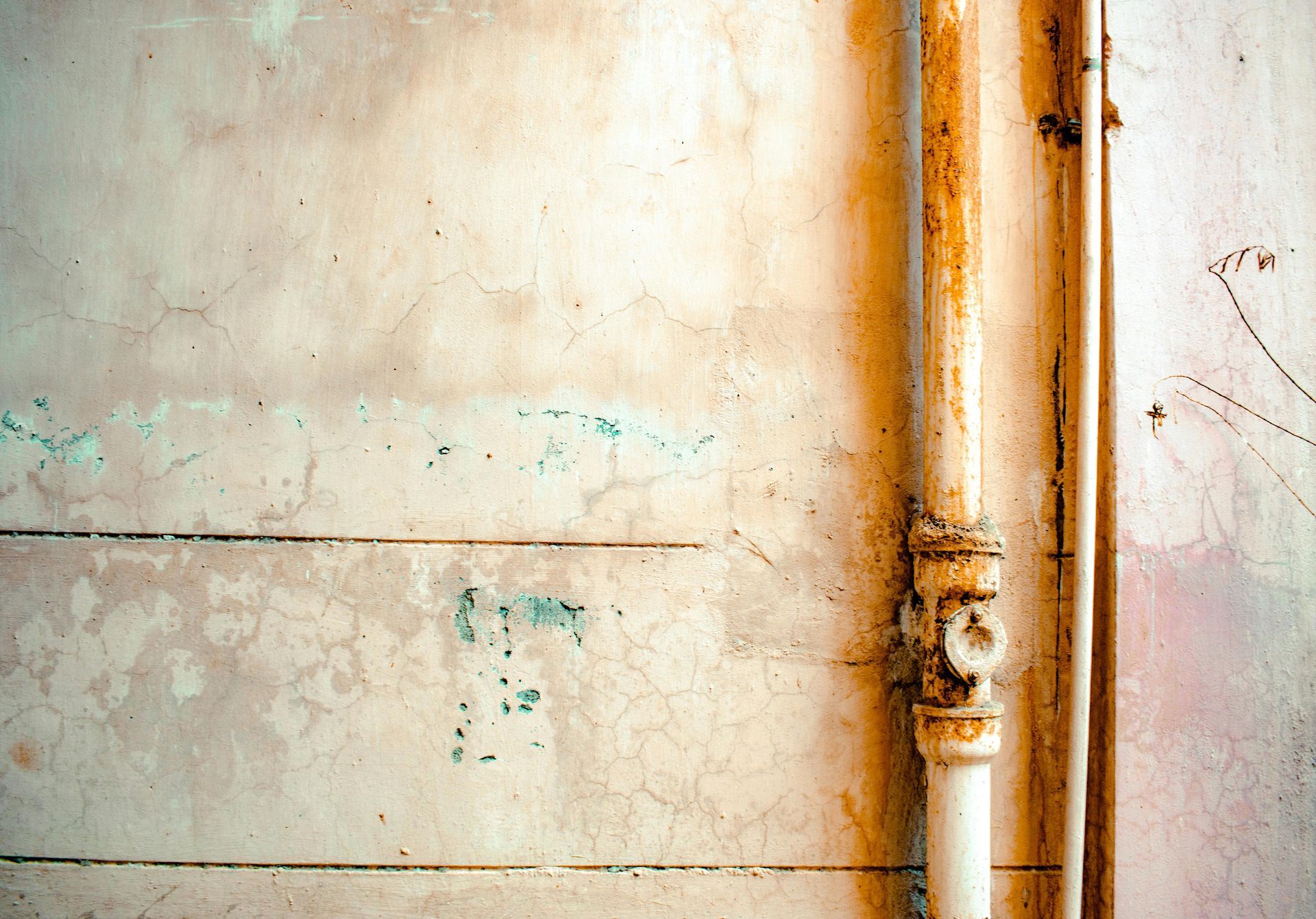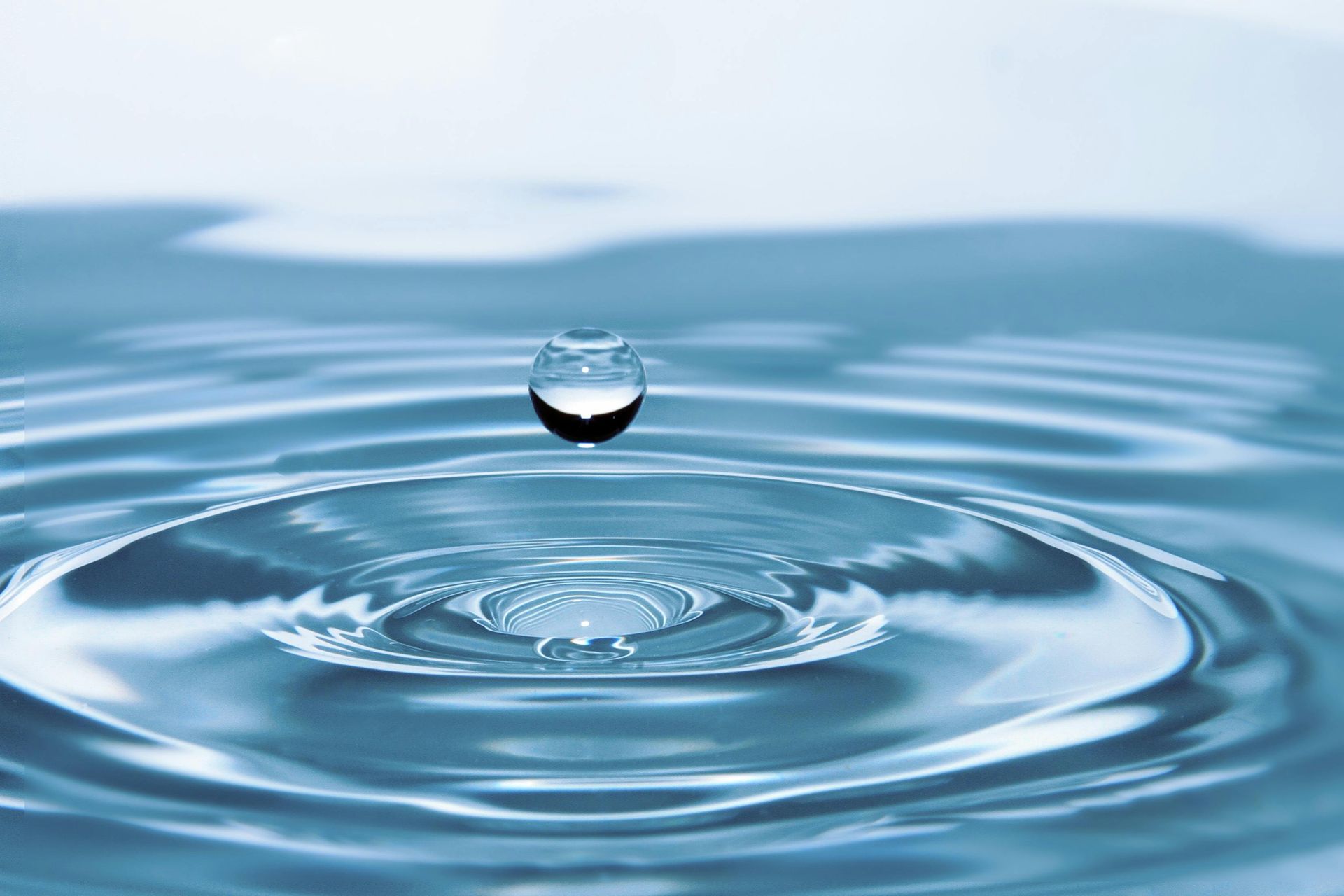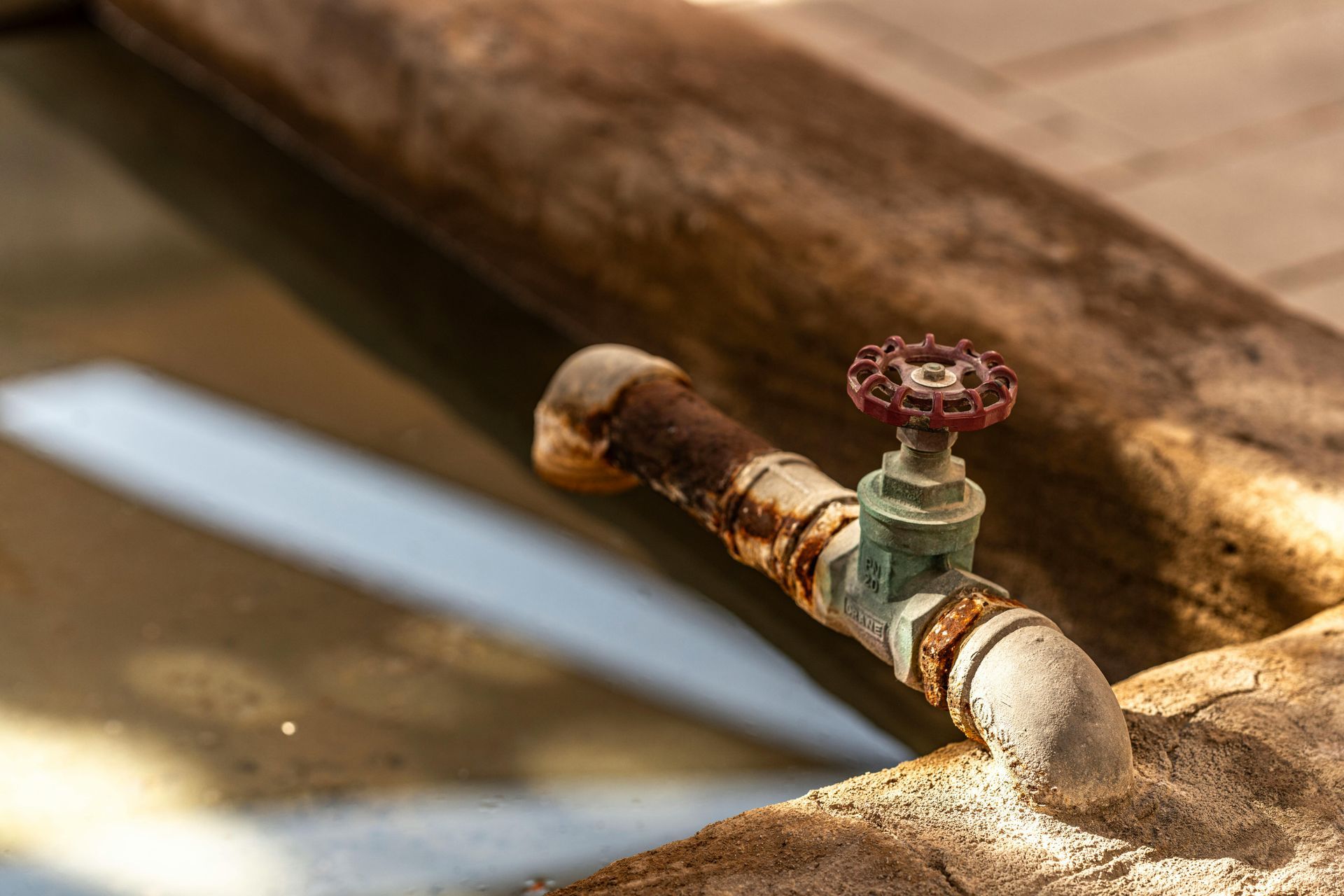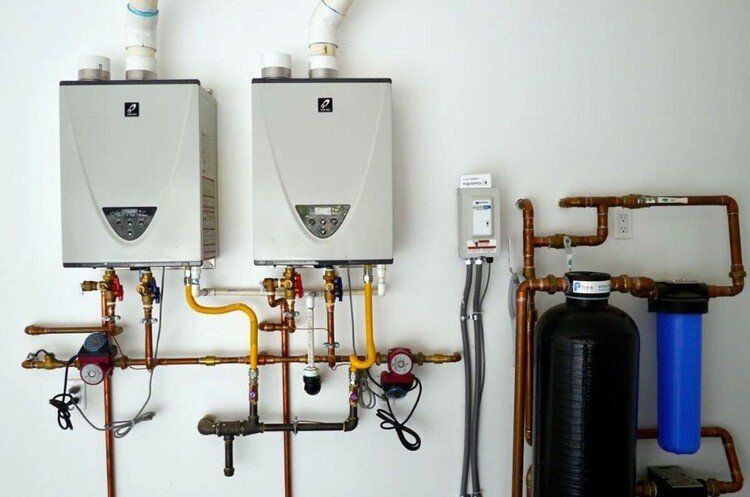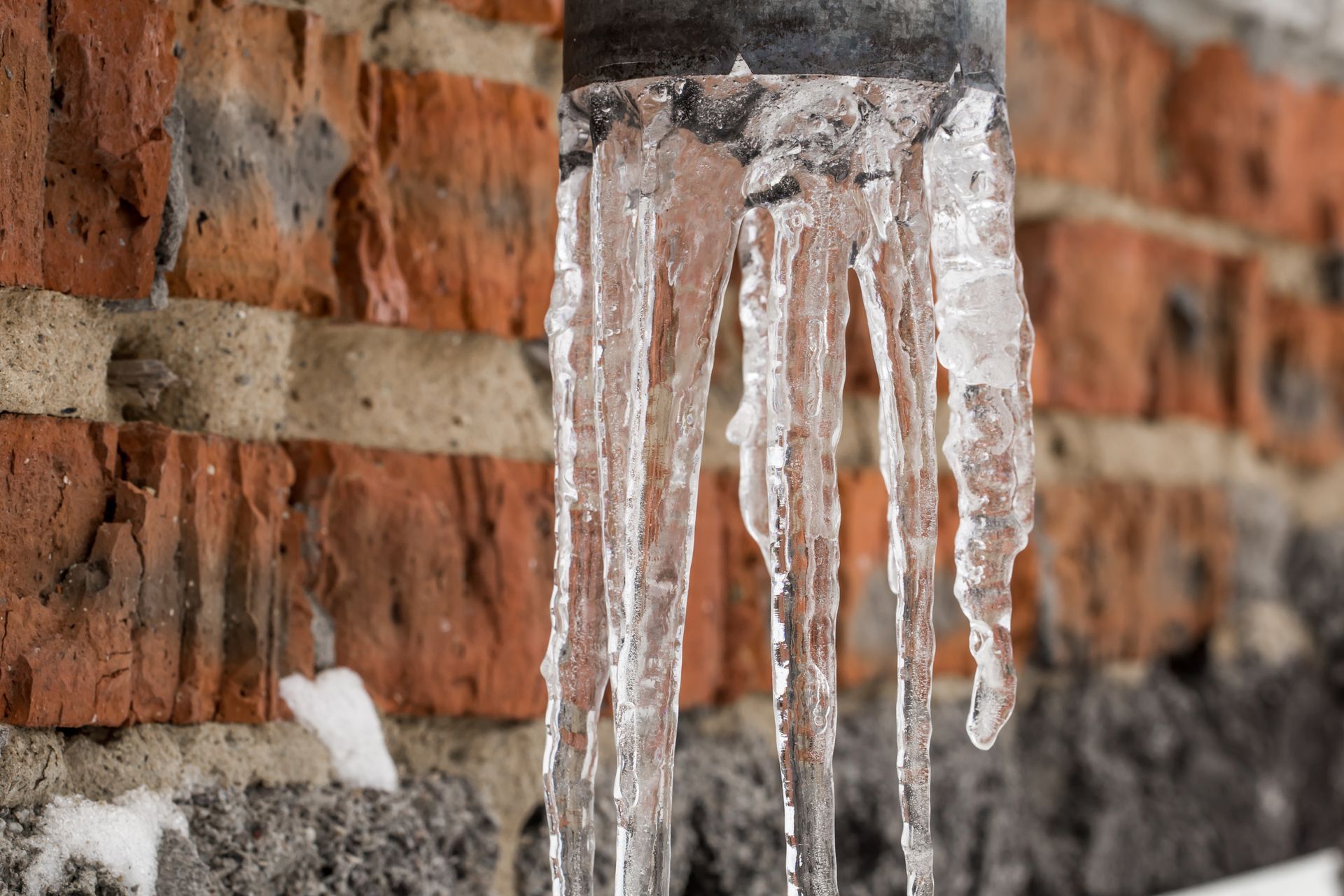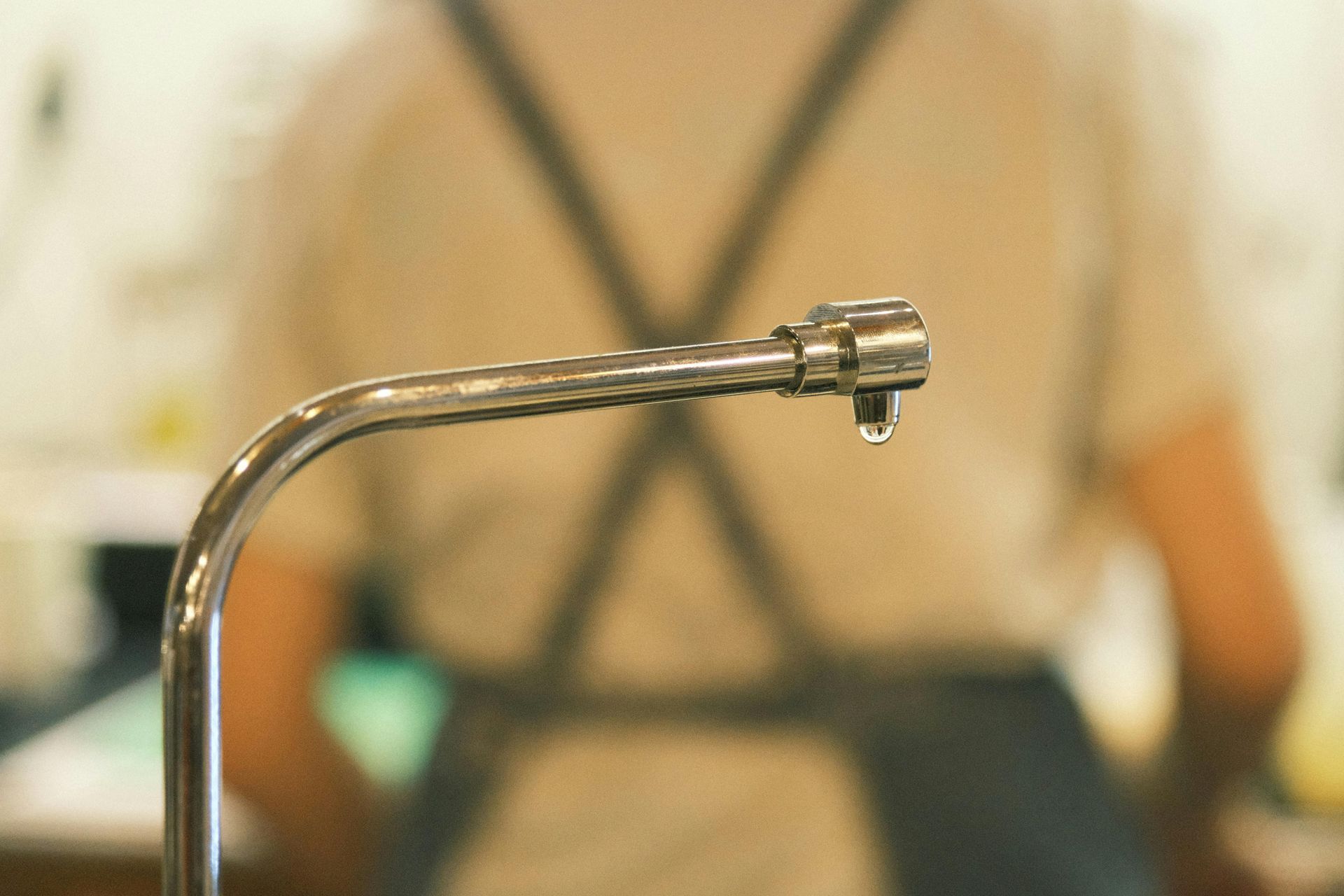How To Properly Clean Your Kitchen Sink Drain?
Properly cleaning your kitchen sink drain is essential for maintaining a healthy and efficient plumbing system. A clean drain prevents unpleasant odors, reduces the risk of clogs, and prolongs the lifespan of your pipes. Many homeowners face frustrating issues like slow draining or bad smells caused by clogged or dirty kitchen drains. This article provides a comprehensive guide on how to clean your kitchen sink drain correctly, explains why timely maintenance is vital, and highlights when professional help from services like All City Plumbers might be necessary.
Why Proper Cleaning of Kitchen Sink Drains Matters?
The kitchen sink drain is a common hotspot for grease, food particles, soap residues, and other debris to accumulate. Over time, these substances build up inside the pipes, leading to partial or complete blockages. A clogged drain not only slows water flow but can also attract pests and generate foul odors, negatively impacting your kitchen environment.
Moreover, neglecting sink drain maintenance can cause more expensive plumbing issues in the long run, such as pipe corrosion or leaks. Many people underestimate this risk until they require emergency services due to severe blockages or water damage.
Regular, proper cleaning of kitchen drains helps avoid these complications, improves sanitation, and ensures your plumbing system operates efficiently. It also complements other household plumbing considerations, including water heater performance, where upgrades or repairs—such as choosing between tankless vs. traditional water heaters—demand optimal water flow and pressure.
Step-by-Step Guide to Cleaning Your Kitchen Sink Drain
Cleaning your kitchen sink drain involves several steps, combining practical methods and available household tools. The key is to address the clog or buildup at its source while protecting your plumbing from harsh chemicals that can cause damage.
Begin by removing any visible debris or trapped food around the drain opening. Wearing gloves, you can carefully clear away large pieces of waste or buildup that might be accessible with a simple tool like a drain cover or an old toothbrush.
Next, pour boiling water down the drain. The heat helps loosen grease and soap scum that may have adhered to the inner walls of the pipes. Repeat this step a few times with intervals to avoid sudden temperature shocks to the pipes, which could cause damage in older plumbing systems.
After this initial flushing, use a natural cleaning solution. A mixture of baking soda and vinegar is a popular and effective choice. Pour about half a cup of baking soda down the drain, followed by half a cup of white vinegar. The chemical reaction will foam and bubble, helping to break down organic buildup. Let the mixture sit for 15-20 minutes before flushing it again with hot water.
For more stubborn clogs or persistent odors, a manual drain snake or auger can be employed to physically remove blockages further down the pipe. This tool should be used carefully to avoid damaging your drain pipes.
When to Call Professionals Like All City Plumbers?
Despite the effectiveness of at-home cleaning techniques, some kitchen drain issues require professional attention. If you notice recurring clogs, slow-draining water, or foul odors that don't improve with regular cleaning, it is wise to consult with expert plumbers.
All City Plumbers provide comprehensive drain clearing services that include inspection, diagnosis, and safe removal of blockages using advanced equipment such as hydro-jetting machines and video inspection cameras. These methods ensure a thorough cleaning without risking pipe damage often caused by harsh chemical drain cleaners.
Additionally, in plumbing emergencies—such as sudden severe backups or leaks—relying on professional emergency services is critical to prevent further damage and costly repairs. Timely intervention minimizes disruption and protects your home’s plumbing system integrity.
Preventive Measures for Maintaining a Clean Sink Drain
Prevention is always preferable to cure when it comes to plumbing maintenance. Simple habits can substantially reduce the need for frequent drain cleaning and emergency services.
Avoid pouring grease, cooking oils, or large food particles down your kitchen drain, as these substances are primary contributors to clogs. Instead, dispose of grease in containers and use sink strainers to catch food debris during dishwashing.
Regularly flushing the drain with boiling water or natural cleaning agents helps keep buildup at bay. Scheduling periodic professional drain inspections with companies like All City Plumbers can identify and resolve minor issues before they escalate.
In parallel with diligent drain maintenance, homeowners should also review their overall plumbing systems, including assessing the benefits and operational considerations of upgrades like tankless vs. traditional water heaters. Ensuring that your water heating system works optimally supports consistent water pressure and temperature, which aids in keeping drains clear by facilitating better flow.
Conclusion
Keeping your kitchen sink drain clean is integral to maintaining an efficient, odor-free, and trouble-free plumbing system. By following proper cleaning steps and understanding when to seek professional help, you can protect your home from inconvenient and costly plumbing problems.
Professional plumbers such as All City Plumbers offer expertise and advanced techniques for drain clearing that exceed typical home remedies, ensuring comprehensive and lasting solutions. Additionally, regular drain care combined with informed decisions about your plumbing infrastructure, including water heating options, will contribute to a well-functioning household plumbing system.
Proper maintenance today saves you from emergency plumbing services tomorrow and ensures your kitchen remains a clean, safe, and pleasant space.

